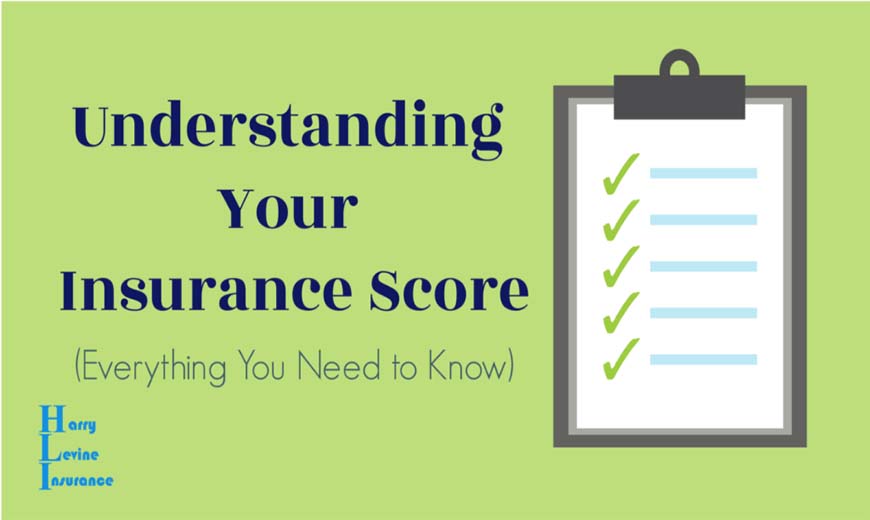You probably already know your credit score, but did you know that you also have an insurance score?
If not, you’re not alone. Most people go their whole lives without knowing that their insurance score even exists, much less what it is. However, because your insurance score is used to calculate your premiums, this is one instance in which ignorance is not bliss.
In this article, we’ll discuss what your insurance score is, how it’s calculated, and why companies use it.
What Is an Insurance Score?
An insurance score is a number (ranging from 200 to 997) that represents an individual’s likelihood of filing an insurance claim. Just like a credit score, the higher your insurance score is, the better. (More on the factors that go into this later.)
The objective of your insurance score is to quantify your risk to the insurance company. Each company performs their risk assessments and rate calculations differently. Many use your insurance score to determine your premium amount.
Your insurance carrier’s dream scenario would be to collect your premiums without ever having to pay out on a single claim. But because we’re talking about real life here, accidents (and claims) do happen.
Being able to predict which of their customers will require a payout in the future helps your insurance company stay in business so they’re there the next time you need them.
What Factors Impact Your Insurance Score?
Just as your lending institutions collect data to predict your financial behavior, insurance companies collect their own set of data to determine your insurance score.
One of the first things your insurance company looks at is your claims history. In their eyes, your past is the best indicator of the type of client you will be in the future. If you have a history of filing three claims a year, the insurance company will assume that this behavior will continue and make your rates accordingly.
Next, your carrier looks at other qualitative factors like age, marital status, location, and insurables. For example, a young driver is believed to be more likely to get in an accident, which results in higher auto premiums.
Another big factor in the calculation is credit history. Insurance companies have determined that clients with a long-standing credit history and high credit score are less likely to submit claims.
Can You Improve Your Insurance Score?
Anyone looking to lower their premiums is probably wondering how to improve their insurance score. While there is no “quick fix,” a few pieces of generally good advice can contribute to raising your score over time.
First, work on improving your credit score. While your insurance company doesn’t look at all of the data in your credit report (they don’t consider job status, income, or multiple recent credit card applications, for example), the final result factors heavily in your insurance score.
Pay down any debt, make payments on time, and pay the full amount.
Next, reduce your insurance claims. Proper maintenance of your home, vehicles, and other insurables will help prevent the need to file a claim. When damage or loss does occur, consider your deductible before you file a claim. If the repair or replacement costs are lower than (or comparable to) your deductible, it might be in your best interest to leave your insurance company out of it.
If your premiums are still higher than you would like, talk to your insurance agent about which insurables are costing you the most and what you can do about it. This might mean switching out your high-speed roadster for a family sedan or selling your beachside condo for an inland home.
Conclusion
While most people are aware that their insurance premiums are based on something, you might not have been aware that you had a numerical insurance score.
However, every insurance company has different methods for calculating your insurance score so, no matter what your score is, it’s always worth it to compare rates to find the best deal.
At Harry Levine Insurance, we don’t believe in one-size-fits-all insurance policies; that’s why we’re an independent insurance agency rather than tying ourselves to one company. If you’re looking for an insurance quote for home, auto, or business, contact us today. We can’t wait to meet you!








